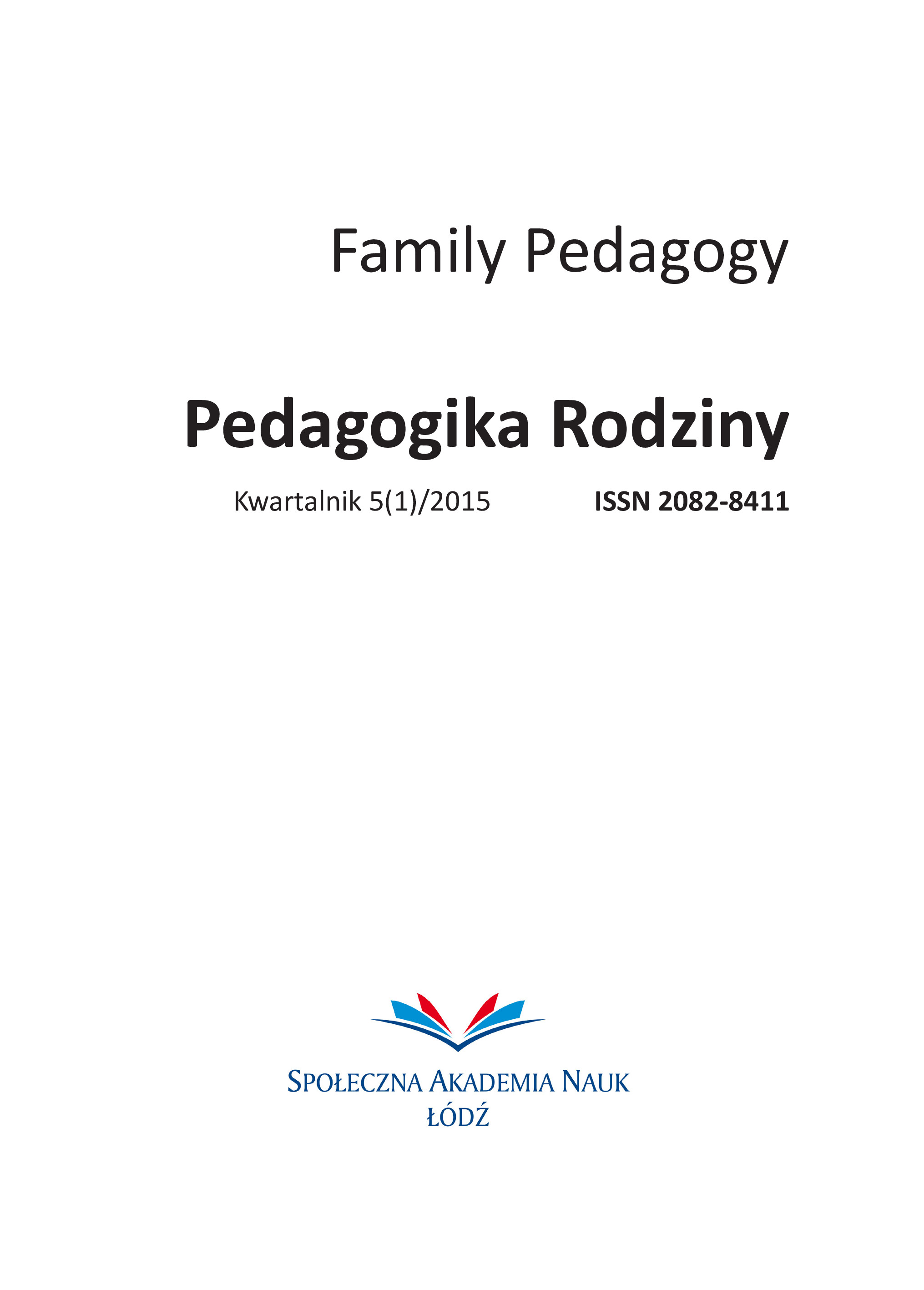Pedagogical Intervention: The Place and the Influence of Contemporary Animated Movies on Pedagogical Process
Pedagogical Intervention: The Place and the Influence of Contemporary Animated Movies on Pedagogical Process
Author(s): Ireneusz Skawina, Elżbieta Markiewicz, Sylwia SzczepaniakSubject(s): Social Sciences, Education, Sociology, Educational Psychology, Studies in violence and power
Published by: Społeczna Akademia Nauk
Keywords: animated; upbringing; education; child; perception; violence; aggression
Summary/Abstract: Nowadays, the most expansive factor which determines the various aspects of human life are social communicators. Among them there is a consistent dominance of television for decades. This social mean of messaging, being a common utility good has changed its status, in recent times. It seems that from the electronic device intended for remote receiving the moving images, it became an inalienable part of the family – often its binder. What’s more, a new feature that TV performs, fully enables parents to entrust essential pedagogical - educational process of youngest members of the family. This means, more than once, many hours of child’s mindless contact with animation movies. At that time, uncontrolled by the parents and guardians, contents of animation are received and assimilated by the child (unconditionally-E. M.) influencing the evolution or changes in the personality, attitudes, and behaviors. The phenomena that occur in the sphere of child’s personality under the influence of the assimilation of media content, just encompass the educational scope. This means that childhood is the most important period of human development and an essential part of pedagogical and educational process where our personality and character, our attitudes and behavior and action are shaped. Hence, pedagogical intervention becomes necessary to contemporary content of animation,which is easy to receiveon the one hand promotes hedonistic behaviour patterns and mass culture, on the other “(...) does not provoke to work on yourself, (...), rather adulate the recipient, confirming him to the belief that he/she has the right to do what he/she wants” [Bobrowska 1999, pp. 67–73].
Journal: Pedagogika Rodziny
- Issue Year: 5/2015
- Issue No: 1
- Page Range: 39-50
- Page Count: 12
- Language: English

